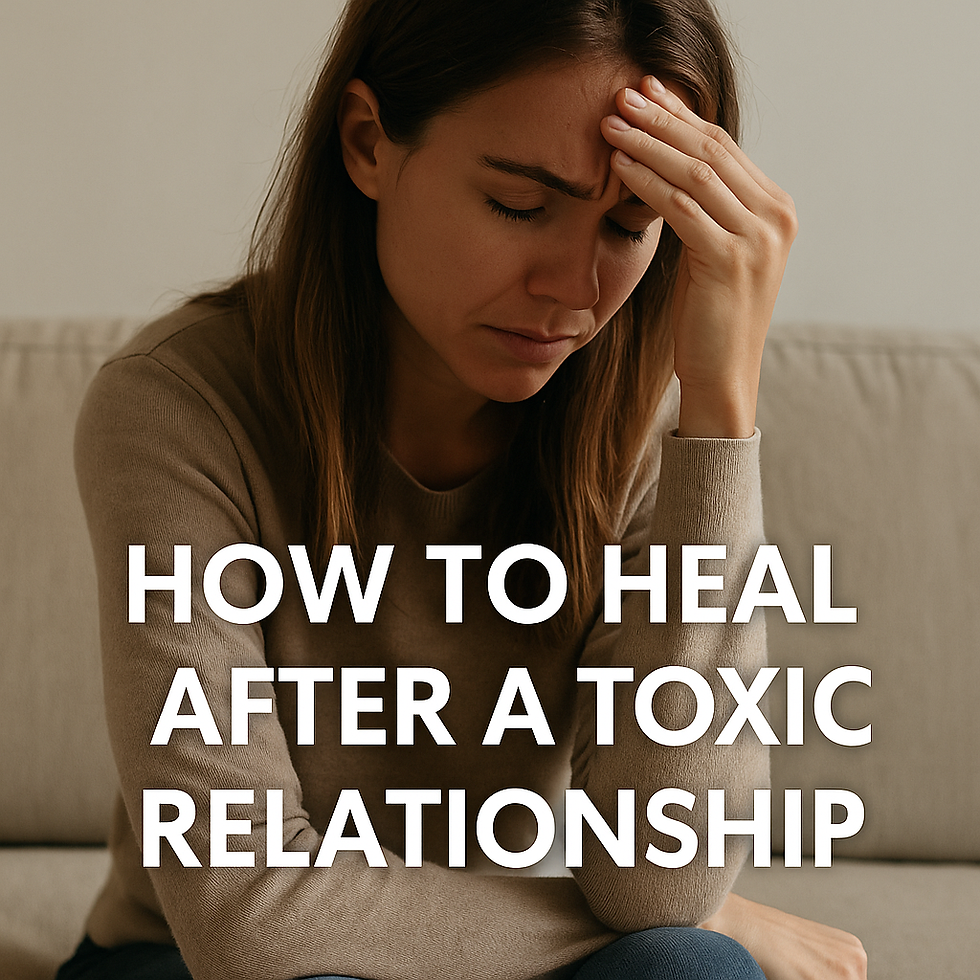Breaking the Stigma: Why Seeking Therapy is a Strength, Not a Weakness
- zeespareddeer
- May 15, 2025
- 2 min read
For decades, therapy was seen as something people only turned to when they were "broken." The image of therapy was clouded by shame, secrecy, and the belief that needing help meant something was wrong with you.
That old narrative? It's outdated, harmful, and flat-out wrong.
The truth is this: seeking therapy is one of the strongest things you can do. It’s an act of courage. It’s a declaration of self-respect. And it’s a powerful step toward living a more honest, emotionally healthy life.
Where Does the Stigma Come From?
Much of the stigma around therapy stems from cultural, generational, and societal beliefs:
“If you’re strong, you handle it on your own.”
“Therapy is only for serious mental illness.”
“Talking about your feelings is weak.”
“What happens in the family stays in the family.”
But these beliefs keep people stuck. They teach us to hide our pain, suppress our needs, and suffer in silence—all in the name of appearing “strong.”
Strength Is Asking for Help
It takes strength to admit you're struggling. It takes strength to say, "I can’t do this alone." It takes strength to sit across from a stranger (or a screen) and say, “I need help.”
Therapy isn’t about weakness—it’s about willingness. Willingness to heal, to grow, to take accountability, to feel the hard stuff and not run from it.
That is strength.
Therapy Is for Everyone
Therapy isn’t just for trauma, crisis, or diagnosis. It’s for:
The overachiever who’s burnt out and afraid to slow down
The parent who’s overwhelmed and questioning their worth
The partner trying to repair communication in a relationship
The perfectionist whose inner critic never shuts up
The person who’s “fine” but wants to feel more alive, connected, and free
It’s for you, even if you’re not sure why yet.
What Happens When We Normalize Therapy
When we break the stigma, we give ourselves—and each other—permission to be human.
We normalize healing. We encourage emotional honesty. We create healthier families, workplaces, and communities. We stop pretending—and start connecting.
You Don’t Have to Wait for Rock Bottom
One of the biggest lies the stigma tells us is that we have to be in crisis to go to therapy. The reality? Therapy is most effective when used as a tool for maintenance, reflection, and growth—not just rescue.
You can start before everything falls apart. You can start now.
Final Thoughts
Seeking therapy doesn’t mean you’re weak. It means you’re ready. Ready to stop carrying it all alone. Ready to heal. Ready to live with more intention, clarity, and freedom.
It’s not weakness. It’s wisdom.
Your healing matters. And you don’t have to do it alone. Book a session today at Alberta Online Counselling




Comments